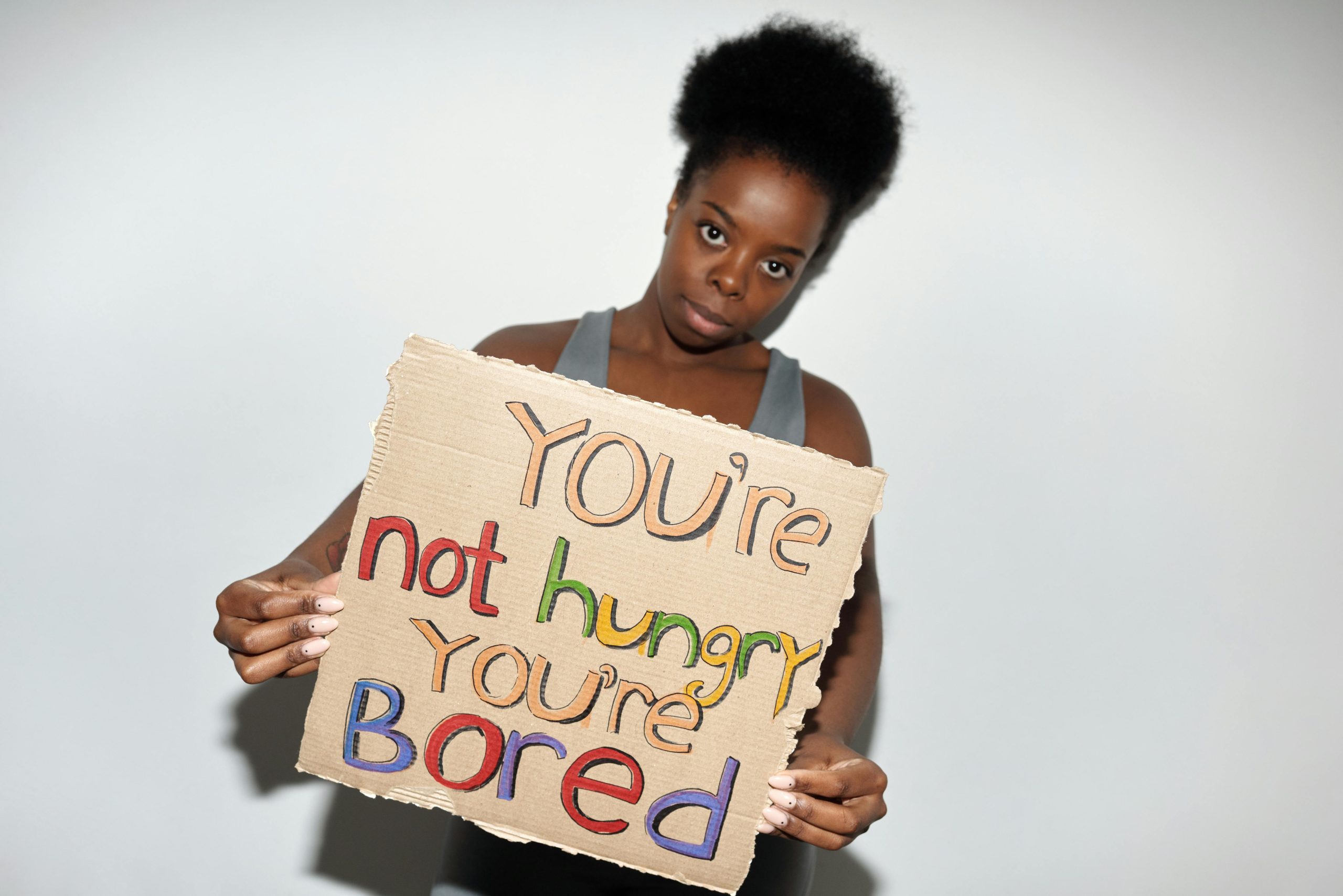Nutritional status is determined mainly by the intakes of different nutrients or foods. The food or nutrient intakes are also regulated by multiple factors considering different factors. Here, I would like to focus on the possible key aspects of reducing negative activities such as man-made issues, conflicts, negative or positive attitudes and behaviors, etc. (1,2) These approaches could be helpful for ensuring social stability if we solely considered nutritional aspects of human being especially nutritional status of specific nutrients as well as overall nutritional status (3,4)
Let’s see some of the examples (evidenced-based) of food intake and common human behavior patterns in different conditions or settings:
Blood glucose levels influence human activities (5,6). So, healthy eating or managing diseases such as diabetes could be a good option to maintain normal blood glucose levels to boost up further positive impacts on individual and collective effects of human beings (7,8).
Food which is considered as the basic needs of human beings may be used to overcoming the gaps for reducing the levels of abnormalities in human behaviors and it’s impacts on society at individual, group and national or international levels (9). If we consider the idea, then not only food but also proper nutritional status may be a good and effective options to regulate or solve many existing problems in short, mid or long terms (10,11).
References:
- Influence of Food Type on Human Psychological–Behavioral Responses and Crime Reduction – PMC
- Food and mood: how do diet and nutrition affect mental wellbeing? – PMC
- Key Nutrients for Optimal Blood Glucose Control and Mental Health in Individuals with Diabetes: A Review of the Evidence – PMC
- The Impact of Nutrients on Mental Health and Well-Being: Insights From the Literature – PMC
- Is Your Mood Disorder a Symptom of Unstable Blood Sugar? – The Pursuit – U-M School of Public Health
- Nutritional psychiatry: Your brain on food – Harvard Health
- Your Brain and Diabetes | Diabetes | CDC
- Sugar and Human Behaviour
- Diabetes and Irrational Behavior: Understanding the Link
- Food for thought: how nutrition impacts cognition and emotion | npj Science of Food
- Nutrition and behavior: a multidisciplinary approach | CABI Books
*(Continuing…)
*Featured image credit goes to https://www.pexels.com

